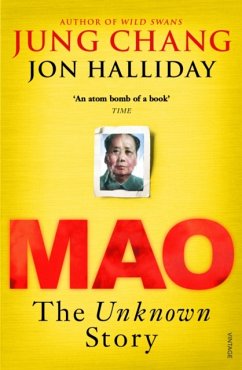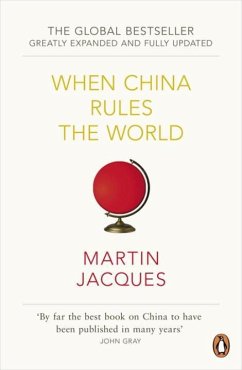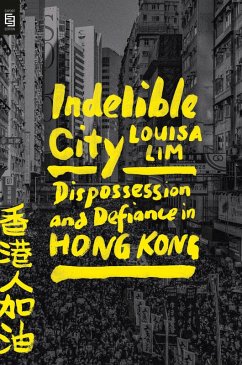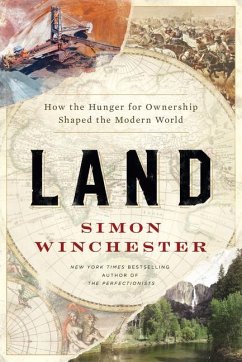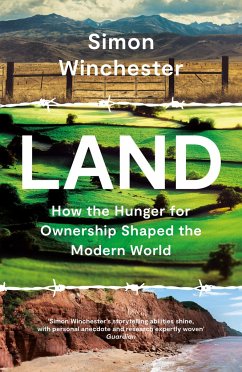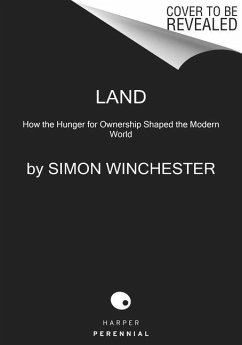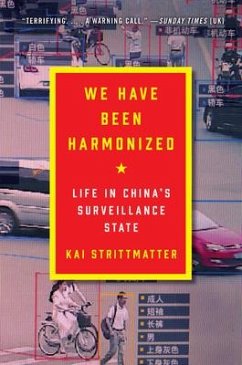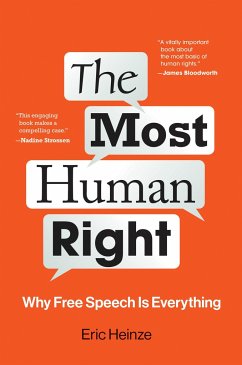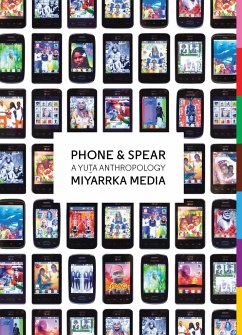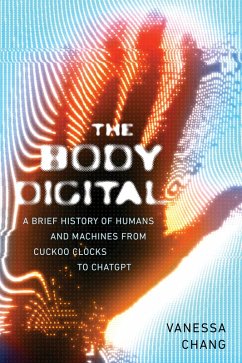
The Corpse Walker
Real Life Stories: China from the Bottom Up
Versandkostenfrei!
Versandfertig in über 4 Wochen
14,99 €
inkl. MwSt.

PAYBACK Punkte
7 °P sammeln!
The Corpse Walker introduces us to regular men and women at the bottom of Chinese society, most of whom have been battered by life but have managed to retain their dignity: a professional mourner, a human trafficker, a public toilet manager, a leper, a grave robber, and a Falung Gong practitioner, among others. By asking challenging questions with respect and empathy, Liao Yiwu managed to get his subjects to talk openly and sometimes hilariously about their lives, desires, and vulnerabilities, creating a book that is an instance par excellence of what was once upon a time called The New Journa...
The Corpse Walker introduces us to regular men and women at the bottom of Chinese society, most of whom have been battered by life but have managed to retain their dignity: a professional mourner, a human trafficker, a public toilet manager, a leper, a grave robber, and a Falung Gong practitioner, among others. By asking challenging questions with respect and empathy, Liao Yiwu managed to get his subjects to talk openly and sometimes hilariously about their lives, desires, and vulnerabilities, creating a book that is an instance par excellence of what was once upon a time called The New Journalism. The Corpse Walker reveals a fascinating aspect of modern China, describing the lives of normal Chinese citizens in ways that constantly provoke and surprise.




